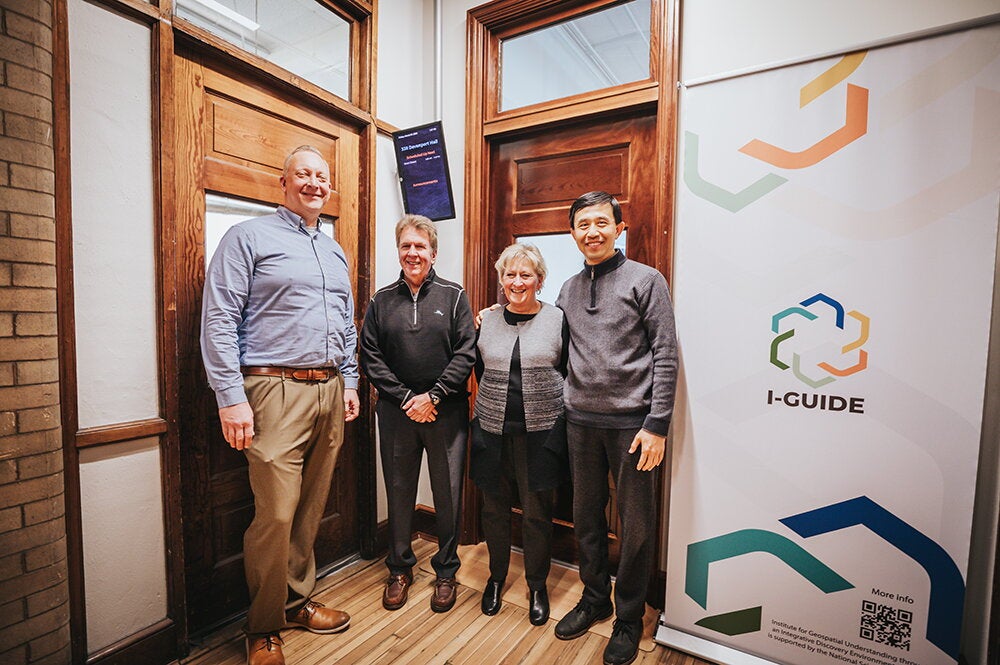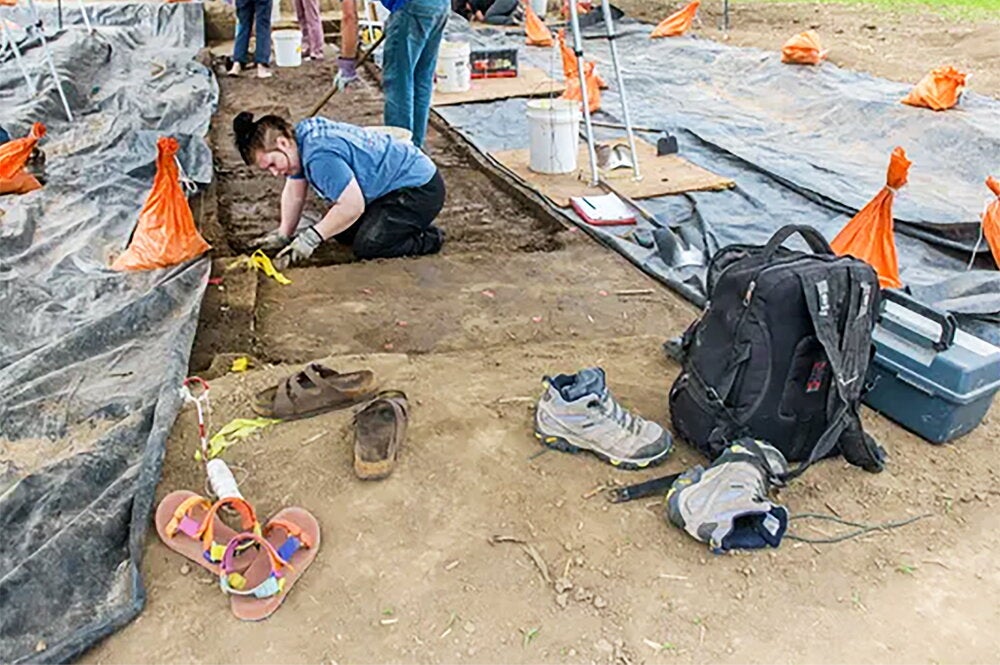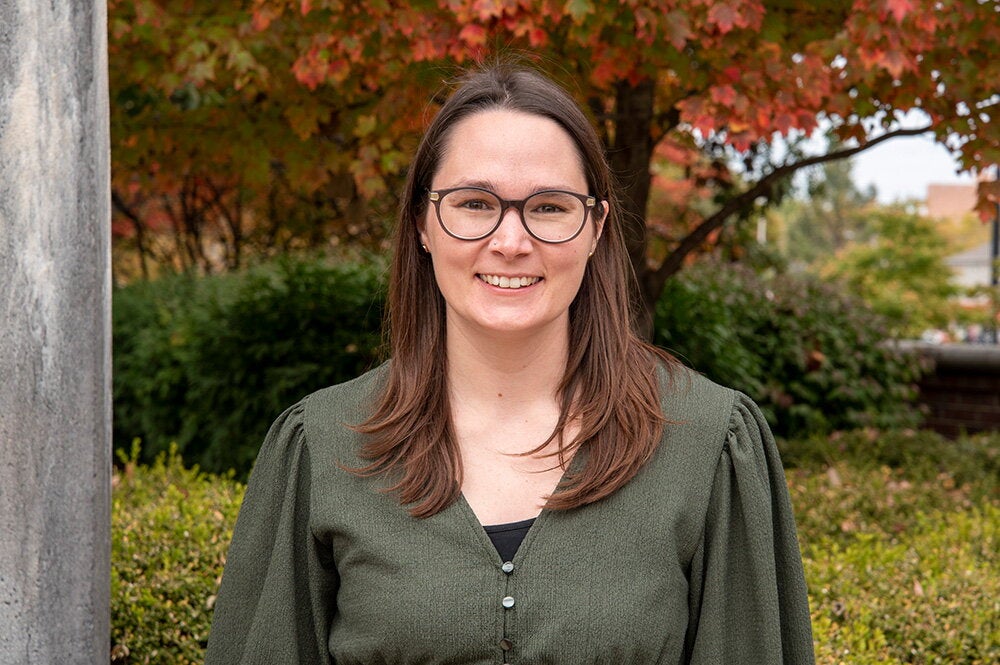Carol Stack (AM, '68; PhD, '72, anthropology) has been a force in cultural anthropology almost since the day she turned in her dissertation.
All Our Kin, the book that sprang from her research, became an instant classic in ethnography and is still one of the most widely read examinations of African-American urban culture. Published in 1974, it tore down stereotypes and opened the way for research on families and social structure in American communities.
All Our Kin is an eloquent portrait of the social networks and value systems that evolved within African-American communities to combat grinding poverty. In communities plagued by single-parent families and joblessness, the book chronicles intense loyalties and an intricate trading system that ensures survival. The book challenges white America to reevaluate its notion of family.
This striking accomplishment was followed 20 years later with Call to Home, a novel-like examination of the return migration of African-Americans to the south. Its poetic passages describe a quest for "home" that over the past two decades has driven a half-million blacks to abandon lives in the north despite the even greater economic hardships they are certain to face in the communities that pull them southward. Stack says the book picks up where All Our Kin left off. Whereas the latter was, "a moment in time, Call to Home is an image of family trees that stretch across a background of America changing through time." Primarily because of this book, she was the unanimous choice in 1996 for the Victor Turner Award in Ethnographic Writing, the highest honor for ethnographic writing given in this country.
In between these books, the prolific Stack has collected numerous awards and authored notable books and articles on such sensitive issues as urban and rural poverty, the social construction of gender, and child and family policy. She has taught at Boston University and Duke, and is now a professor in Social and Cultural Studies in Education in the Graduate School of Education at the University of California, Berkeley, where she is inspiring a generation of cultural anthropologists. Students are astonished to learn that much of the fieldwork for All our Kin, was conducted in Illinois, in the communities bordering the Illinois Central railroad. Prior to this work, cultural anthropologists tended to focus on "exotic" rural or tropical cultures.
A testament to Stack's insightful scholarship is that All Our Kin remains timely today. Sociologists working in Chicago's housing projects report finding the same social networks that Stack described, though strained. That offers hope, says Stack. "Despite the odds against these people, their tenacious patterns still exist. That speaks to their strength."


